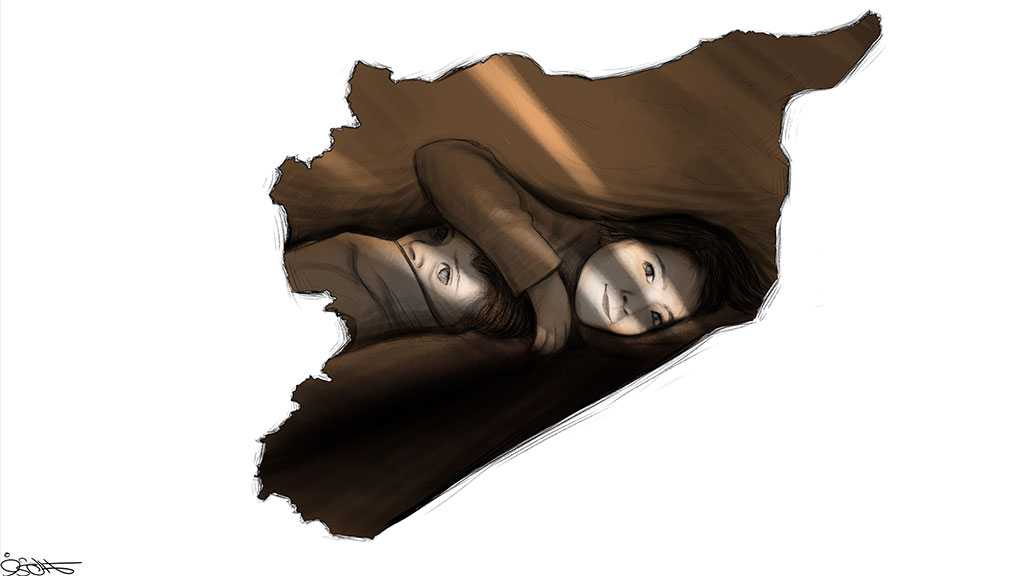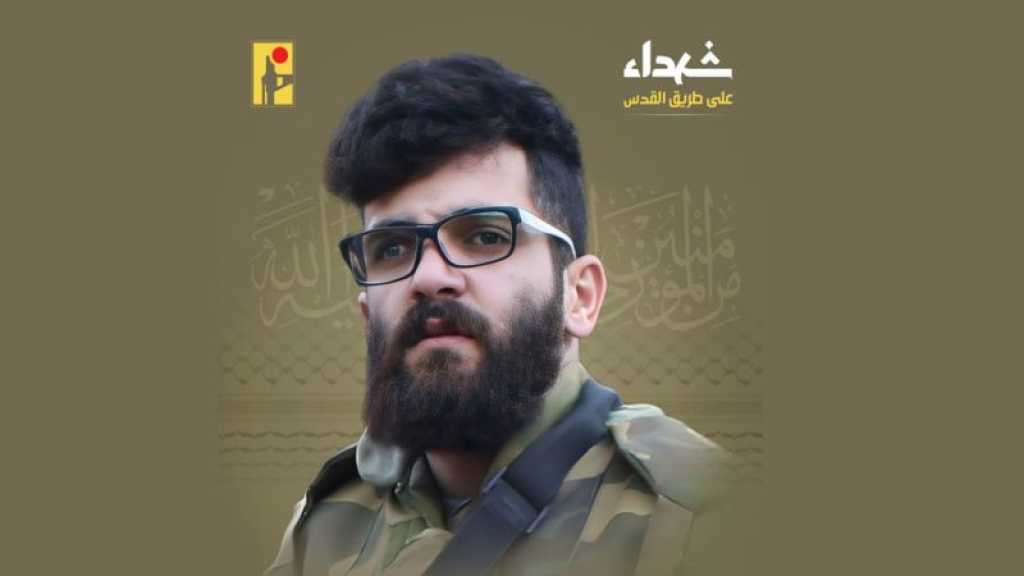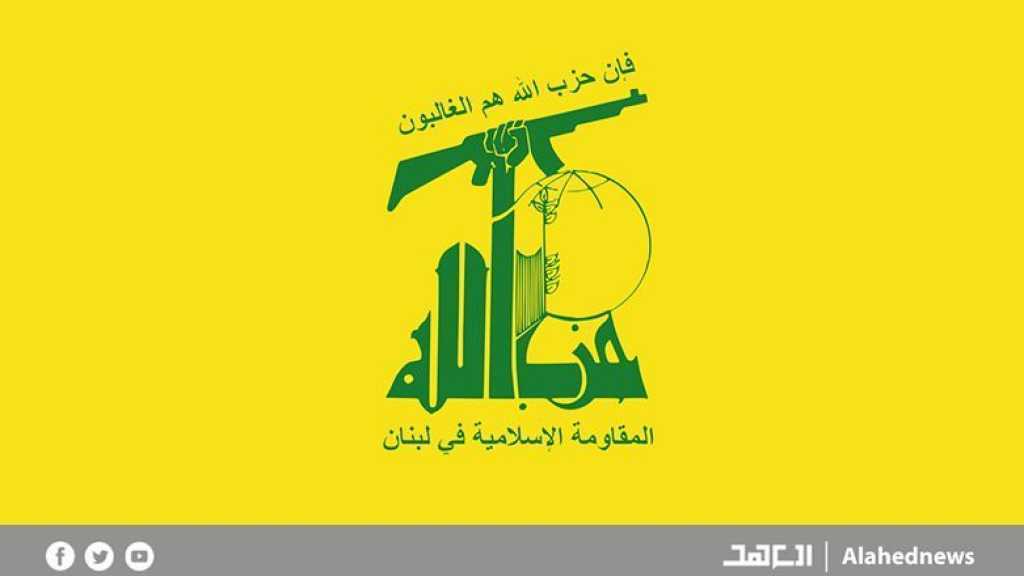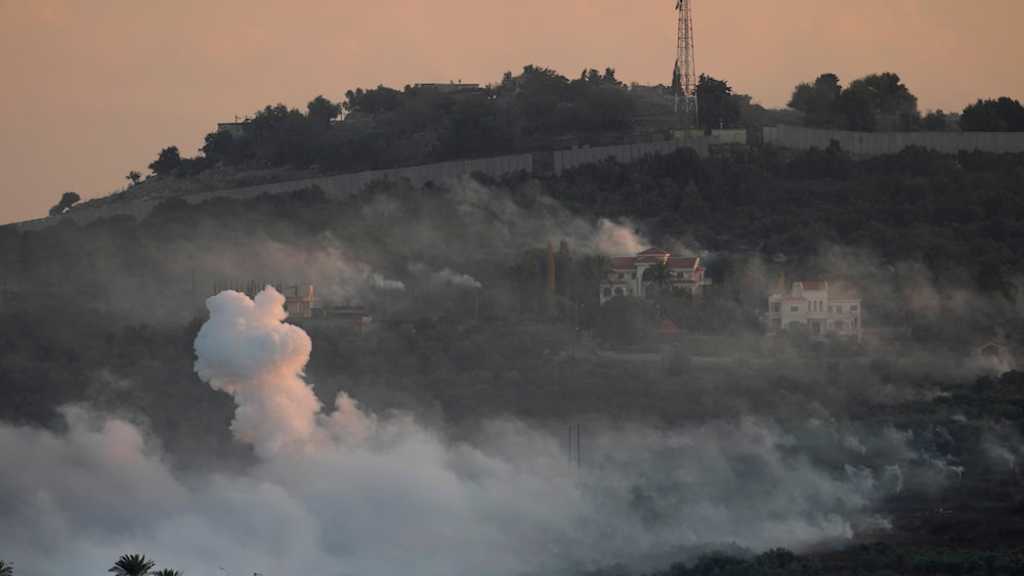
Hezbollah Belittles ’US Syria Sanctions Waiver’

By Staff, Agencies
Hezbollah Deputy Secretary General His Eminence Sheikh Naim Qassem belittled Washington's alleged temporary and partial waiver of its sanctions against Syria, which the US has recently issued under the pretext of facilitating relief missions in the earthquake-stricken Arab country.
Sheikh Qassem made the remarks in a tweet on Friday, which read the following: “The American administration, with its implementation of the Caesar sanctions and blockade of Syria and its people, is devoid of all humanitarian standards.”
“Allowing the flow of aid now [to Syria] won’t change the US’ brutal image,” His Eminence went on to underline.
Syria has been a target of US sanctions since 1979. The US and its allies intensified their sanctions against the Arab people in 2011, after the nation found itself in the grip of rampant and hugely deadly foreign-backed violence. Strengthening the sanctions even further, the United States approved the Caesar Act in 2019, targeting any individual and business that participated either directly or indirectly in the Arab country's reconstruction efforts.
Earlier on Friday, the US Treasury Department’s Office of Foreign Assets Control [OFAC] issued the waiver for the Caesar Act sanctions, allegedly authorizing earthquake relief transactions for a period of six months.
The quake hit Turkey and neighboring Syria in the early hours of Monday. The 7.8-magnitude temblor has so far claimed respectively around 20,213 people in Turkey, while 3,553 people have been reported dead in Syria.
Hezbollah, itself, issued a statement recently, announcing the mobilization of all of the movement's capacities toward helping out the disaster-hit Syrians.
The Lebanese resistance group’s relief endeavors have featured dispatching convoys of humanitarian aid to the earthquake-affected areas in Syria, as well as the collection of foodstuffs, medicines, and first-aid materials for transfer to the Arab nation.
Comments
- Related News

Hezbollah Mourns Martyr Hussein Nimer Masarrah
4 months ago

